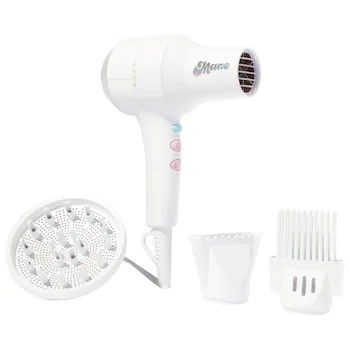
HRSA is scheduled to issue approvals to drugmakers by Oct. 15 for implementation of the pilot on Jan. 1, 2026.
In July, the Health Resources and Services Administration announced the availability of a voluntary 340B Rebate Model Pilot Program.
The program is voluntary for drugmakers, but not for hospitals, said Sarah Bowman, principal PYA Accountants and Advisors.
HRSA is scheduled to issue approvals to pharmaceutical companies that apply by Oct. 15, for implementation of the pilot on Jan. 1, 2026.
This may happen without provider buy-in, despite numerous submitted comments to the agency against the proposal. The pilot is changing hospitals’ upfront drug discounts to a back-end rebate, a move pushed by the pharmaceutical companies.
Also changing is oversight of the 340B program from HRSA to the Department of Health and Human Services. This is expected to result in additional reporting requirements for hospitals and possibly more audits, Bowman said.
For more on what the 340B pilot and the change in oversight means for hospitals, listen to Bowman’s conversation with Susan Morse, executive editor of Healthcare Finance News.
Talking Points:
-
The 340B program was established by Congress to give safety-net providers discounted drugs and additional operating revenue.
-
340B hospitals purchase drugs at a reduced price from manufacturers and are reimbursed at a higher, non-discounted amount, using the difference to serve vulnerable populations.
-
Drugmakers have contended there is abuse in the system, with some initiating a rebate program on their own.
-
The HRSA pilot is testing the change to a rebate model.
-
Oversight will change from HRSA to HHS, which already has insight on drug pricing.
-
The Centers for Medicare and Medicaid Services is also already getting critical cost reporting information from covered hospitals.
-
The American Hospital Association says operational costs associated with the rebate model could range from $150,000 to over $500,000 per hospital.
-
Costs could increase further if there are significant delays and denials with the rebate payments.
-
These costs are significantly higher than HRSA estimates, AHA says.
More About this Episode
Hospitals want more time to comment on the 340B rebate pilot program
HIMSSCast: New 340B rebate model is still a rebate model
Court rejects drugmakers replacing 340B upfront payments with rebates
Lawmakers urge HHS to discard 340B rebate pilot
AAMC throws support behind 340B access bill
Email the writer: [email protected]






